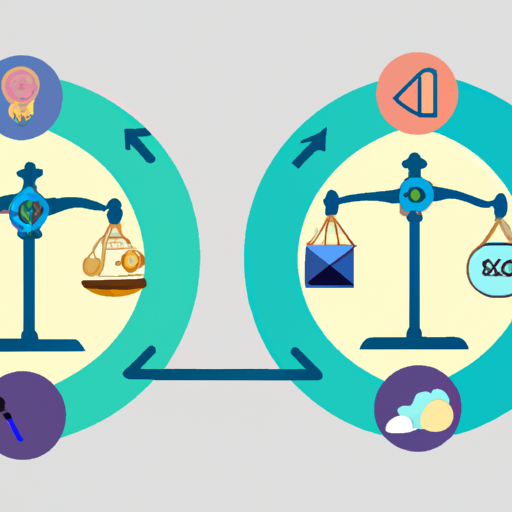Understanding AI Readiness
As artificial intelligence (AI) rapidly evolves, it’s essential for founders to grasp whether their organization is ready to embrace this transformative technology. The first step towards successful AI deployment involves evaluating your organization’s current capabilities, data infrastructure, and existing technology stack.
Assessing AI readiness requires a thorough understanding of various dimensions:
- Data Quality and Availability: Ensure that your data is not only abundant but also clean and relevant. AI models thrive on high-quality data, and inadequate data can lead to inaccurate predictions and suboptimal decision-making.
- Technical Expertise: Evaluate the skill set of your team. Do you have data scientists, machine learning engineers, and AI specialists? If not, consider investing in training or hiring to bridge the gap.
- Infrastructure: Your existing IT infrastructure must support the computational demands of AI solutions. This may require upgrading hardware, migrating to cloud services, or implementing new software tools.
Aligning AI with Business Strategy
Before integrating AI into your operations, it is crucial to align it with your overall business strategy. AI should serve a purpose that enhances your organization's objectives, whether improving customer service, streamlining operations, or driving innovation.
Start by defining clear goals for AI implementation:
- Problem Identification: Identify the specific problems AI can solve within your organization. For instance, can AI help automate repetitive tasks? Can it enhance customer insights through data analysis?
- Value Proposition: Determine the expected outcomes of integrating AI. This can be in terms of cost savings, revenue generation, or improved customer satisfaction. A solid value proposition will help in securing buy-in from stakeholders.
- Stakeholder Engagement: Involve key stakeholders from various departments early in the process. Their insights will help tailor AI solutions to meet diverse needs and promote a culture of innovation.
Navigating Ethical Considerations
The implementation of AI raises significant ethical considerations that founders must address proactively. As AI systems become more prevalent, organizations must consider how these technologies impact employees, customers, and society at large.
Key ethical considerations include:
- Bias and Fairness: AI systems can inherit biases present in training data. It’s imperative to establish protocols for bias detection and mitigation to ensure fairness and equity in AI outcomes.
- Transparency: Stakeholders should understand how AI decisions are made. Implementing explainable AI can demystify algorithms and build trust among users.
- Data Privacy: Compliance with data protection regulations such as GDPR is vital. Ensure that data collection, storage, and usage practices respect privacy and ethical standards.
Incorporating these ethical principles into your AI strategy will not only protect your organization from potential backlash but also foster a positive reputation in the market.
Building a Culture of Continuous Learning
AI technologies are rapidly evolving, and organizations must foster a culture of continuous learning to keep pace. As founders, it’s essential to motivate teams to stay updated with the latest AI trends, tools, and methodologies. Here are some strategies to promote continuous learning:
- Training Programs: Invest in ongoing training and development programs for your employees. This will enhance their skills and keep them engaged with the latest advancements in AI.
- Knowledge Sharing: Encourage cross-departmental collaboration and knowledge sharing. Regular workshops and innovation sessions can spark new ideas and facilitate a deeper understanding of AI applications.
- Partnerships and Collaborations: Collaborate with academic institutions or industry leaders to leverage their expertise and insights. This will help your organization stay at the forefront of AI innovation.
By fostering a culture of continuous learning, your organization can adapt to changes in technology and maintain a competitive edge in the market.
Conclusion
Deploying AI internally is a multifaceted endeavor that requires careful planning and strategic alignment. By understanding AI readiness, aligning it with business goals, addressing ethical concerns, and promoting continuous learning, founders can set the stage for a successful AI implementation. As the AI landscape continues to evolve, those who prepare proactively will be best positioned to harness its potential and drive meaningful change within their organizations.

